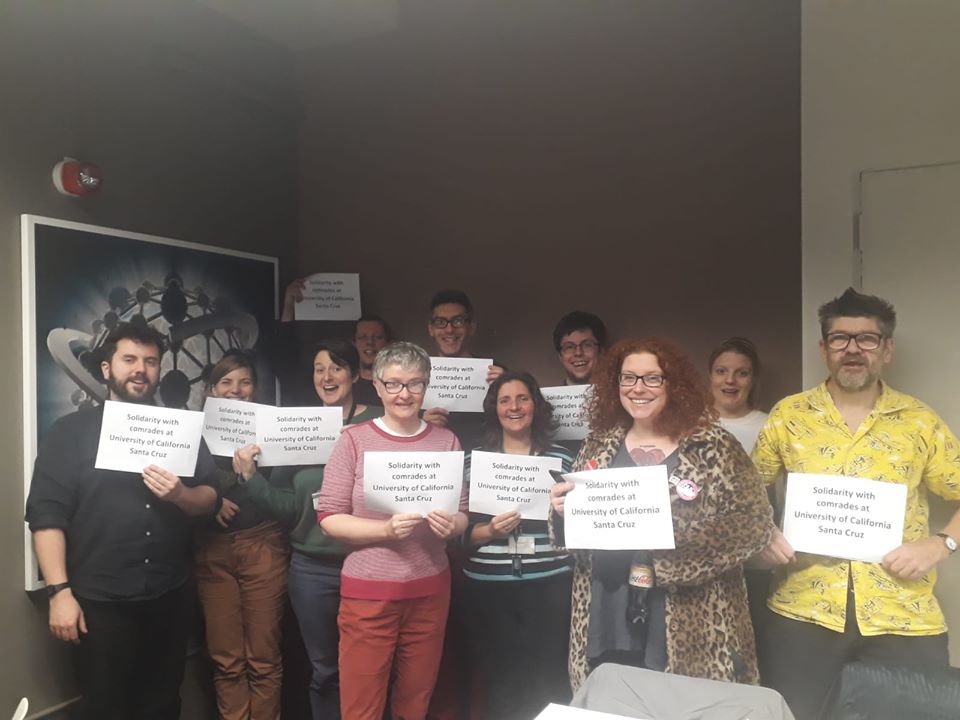Dear grads,
Yesterday the Financial Aid office emailed undergraduate students who are missing all grades for Fall 2019. This email instructed students to email the Financial Aid office with the name of the instructor for at least one of their Fall classes. According to the email, the Financial Aid office will then reach out to the instructor to confirm whether the student completed the course with a passing grade.
This email supports that our assessment of last week’s Financial Aid email was correct. It also means that:
- The January 10th deadline specified in last week’s email was not a hard deadline. The most recent email tells undergrads that they need to contact the Financial Aid office with the name of one course and the instructor’s name by January 31st. This means that the actual deadline by which the Financial Aid office needs proof of undergrads’ Fall quarter completion is even later than this. The January 10th deadline was likely given because they were expecting non-compliance and wanted to give themselves plenty of time (or, a more cynical view might hold that the administration deliberately gave us only two days to respond because they were hoping to cause panic that would undermine the strike).
- The Financial Aid office will contact students directly with details about how their aid may be impacted. This supports our stance that undergrads will have the most complete information about how they may be affected, and that we should defer to them about whether they want their grades to be submitted or not.
There is no need to officially submit grades to the Registrar in response to this email. The Financial Aid office is reaching out because they are required to confirm whether students receiving federal aid completed the previous quarter. According to federal policy, if a student earns a passing grade in at least one course during a given term, the university may presume that the student completed the course and thus completed the quarter. A letter grade is not necessary to confirm this; Financial Aid only needs to know whether the student passed at least one class. This is why the email was only sent to students missing all grades from last quarter.
This email from Financial Aid may cause confusion and/or fear among undergrads. We encourage you to communicate openly with your students and share this information with them to help them understand how they may (or may not) be affected. We also encourage you to reiterate to your students that although you are available to answer any questions they may have, and talk through their situations with them if they so choose, they are not obligated to disclose any private information to you (including graduation date, probation status, or financial aid).
If students contact you about this, or the Financial Aid office reaches out to you or the instructor of record seeking information about these students, we suggest emailing Financial Aid using the template below.
In solidarity,
Roxy Davis, M.A.
Graduate Student, Department of Psychology
———
Dear UCSC Financial Aid Officers,
I confirm that [STUDENT’S NAME, STUDENT ID NUMBER] completed [COURSE NUMBER AND TITLE] in Fall 2019 with a passing grade (C- or higher).
[NAME’S] actual grade will be sent to the Registrar once graduate students’ demands for a cost of living adjustment have been met.
Sincerely,
[YOUR NAME]
[TEACHING ASSISTANT or INSTRUCTOR OF RECORD] for [COURSE], Fall 2019

